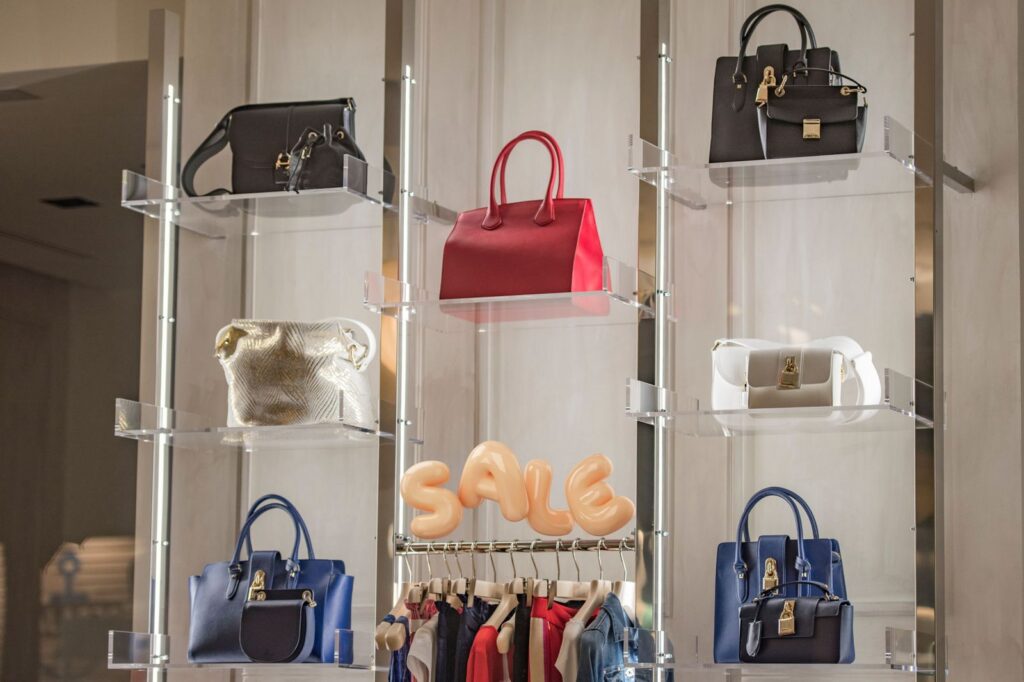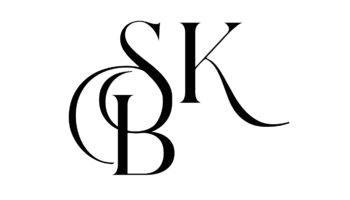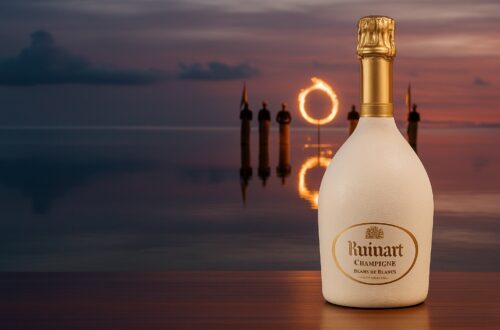Every year, shoppers in France enter two very different discount seasons: the global wave of Black Friday and the traditional French soldes. Both promise deals, but only one is backed by a strict legal framework that protects consumers and guarantees real value. For anyone living in France or shopping online from abroad, understanding the difference is essential.
The French Approach to Discounts
Unlike most countries, France controls its discount culture through a regulated system of seasonal sales known as soldes. These happen twice a year, in winter and summer, and form the backbone of the country’s pricing and stock-clearing strategy. Retailers prepare months in advance, and consumers trust these dates because they know the reductions are real.
Black Friday, on the other hand, is a recent import from the United States. It is a marketing event rather than a regulated sales period. Discounts are set freely, stock is not regulated and the rules around pricing are much looser. This creates a very different experience for shoppers.

Why Soldes Are More Reliable Than Black Friday
1. Fixed Dates Set by Law
Soldes run on official dates announced by the French Ministry of Economy. Retailers cannot shift or extend them and must follow the national calendar. This gives consumers clarity and avoids false countdowns or fake extensions.
2. Real, Verified Discounts
Retailers must show the true price that was charged before the soldes began. They cannot raise prices just before the sale or invent a higher “original” price to make a discount appear larger. This prevents manipulation and ensures honesty in promotions.
3. Existing Stock Only
During soldes, retailers are only allowed to discount items already in inventory. No new “special discount stock” can be brought in. This rule ensures that customers are buying genuine seasonal items, not low-quality products created for a quick promotion.
4. Selling at a Loss Is Allowed
This is one of the strongest differences. French law permits retailers to sell items below cost during soldes. This is not allowed at any other time of the year. As a result, discounts regularly reach 50, 60 or even 70 percent in the later weeks, especially as shops clear out winter or summer collections.
5. Supervision by Consumer Authorities
The DGCCRF regularly checks compliance. If a retailer manipulates prices, advertises misleading offers or breaks stock rules, they can be fined. This oversight strengthens consumer trust and ensures fairness across the market.
The Black Friday Contrast
Black Friday remains popular, especially in electronics, tech and fast fashion. Yet it comes without the structural protections that define soldes. Retailers choose their own discounts, bring in special promotional stock and use aggressive marketing to create a sense of urgency. Many “deals” are real, but others are modest or inflated. For luxury brands, Black Friday participation is minimal, as heavy markdowns conflict with image strategy.
Why This Matters for Luxury and Conscious Shoppers
If you care about transparency, responsible consumption and meaningful value, soldes align better with those expectations. They are designed to clear past-season inventory instead of pushing quick promotions. Luxury brands in France often participate more during soldes than during Black Friday, offering carefully controlled markdowns while protecting brand identity.
Planning Your Shopping in France
- Black Friday 2025: 28 November
- Cyber Monday: 1 December
- Winter Soldes 2026: 7 January to 3 February
Black Friday is convenient for tech and fast-moving categories, but when it comes to authenticity, depth of discount and consumer protection, soldes remain the gold standard. They reflect France’s unique retail culture, one that values transparency, regulation and real price reductions.
Recent Post – The State of Fashion 2025: A New Reality for Fashion and Luxury







One comment on “Why Soldes Offer the Most Trustworthy Discounts in France”